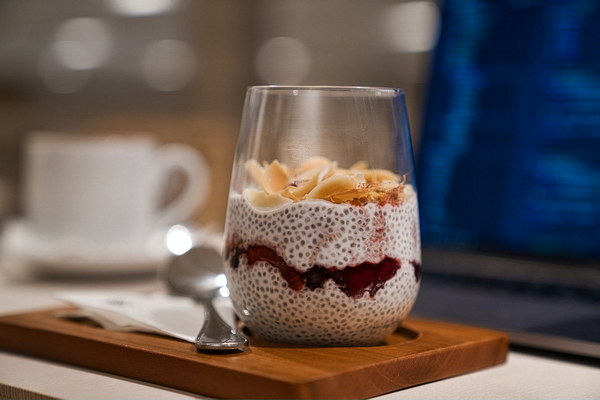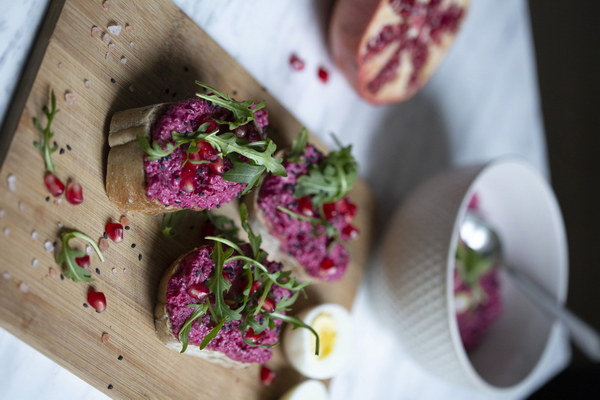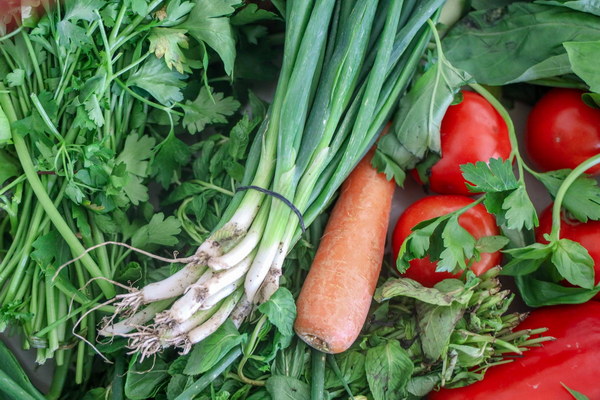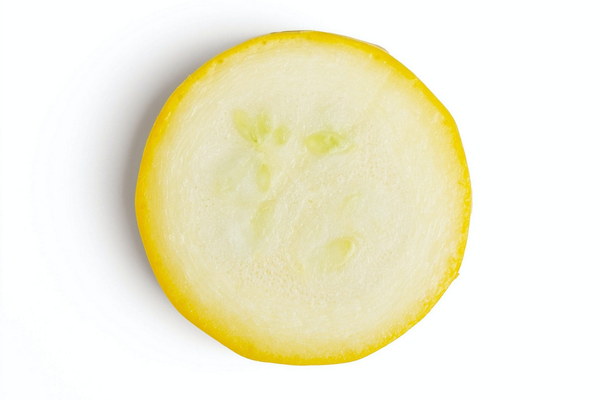Healing Through the Plate The Power of Trauma-Healing Foods
In the journey towards healing from trauma, the role of nutrition cannot be overstated. The foods we consume have the power to nourish our bodies, minds, and spirits, aiding in the recovery process. This article delves into the realm of trauma-healing foods, exploring their benefits and providing practical tips on incorporating them into your daily diet.
Understanding Trauma and Nutrition
Trauma can manifest in various forms, from physical injuries to emotional and psychological distress. The body's response to trauma can lead to inflammation, impaired immune function, and a weakened nervous system. Nutrition plays a crucial role in addressing these issues, as certain foods can help reduce inflammation, support the immune system, and stabilize the nervous system.
Top Trauma-Healing Foods
1. Omega-3 Fatty Acids: Found in foods like fatty fish (salmon, mackerel), flaxseeds, chia seeds, and walnuts, omega-3s are known for their anti-inflammatory properties. They help reduce inflammation in the body, which is a common response to trauma.
2. Fermented Foods: Foods like yogurt, kefir, sauerkraut, and kimchi are rich in probiotics, which promote gut health. A healthy gut is essential for overall well-being, as it plays a significant role in the immune system and the production of neurotransmitters.

3. Green Leafy Vegetables: Spinach, kale, collard greens, and Swiss chard are packed with nutrients like vitamins A, C, K, and E, as well as minerals like magnesium and calcium. These nutrients support the nervous system and help reduce inflammation.
4. Berries: Blueberries, strawberries, raspberries, and blackberries are high in antioxidants, which help protect the body from oxidative stress caused by trauma. They also contain anti-inflammatory compounds that can aid in healing.
5. Turmeric: This spice contains curcumin, a compound with powerful anti-inflammatory properties. Adding turmeric to your meals or taking it as a supplement can help reduce inflammation and support the immune system.
6. Nuts and Seeds: Almonds, walnuts, chia seeds, and sunflower seeds are rich in magnesium, a mineral that plays a vital role in the nervous system. Magnesium helps regulate neurotransmitter activity, reduce stress, and improve sleep.
7. Chicken Soup: Often referred to as liquid gold, chicken soup is a comforting and nutritious option that can aid in the healing process. It contains amino acids that support the immune system, as well as electrolytes and fluids to help rehydrate the body.
Incorporating Trauma-Healing Foods into Your Diet
To reap the benefits of trauma-healing foods, try incorporating the following tips into your daily routine:
- Increase Your Intake of Omega-3s: Aim to consume fatty fish at least twice a week or consider taking an omega-3 supplement.
- Include Fermented Foods: Add a small portion of yogurt or kefir to your breakfast, or enjoy a side of sauerkraut with your meals.
- Load Up on Leafy Greens: Incorporate a variety of green leafy vegetables into your salads, sandwiches, and smoothies.
- Enjoy Berries: Snack on berries or add them to your oatmeal, yogurt, or smoothies.
- Add Turmeric to Your Meals: Sprinkle turmeric on roasted vegetables, rice, or lentils, or consider taking a turmeric supplement.
- Include Nuts and Seeds: Add nuts and seeds to your salads, oatmeal, or yogurt for a nutritious boost.
- Sip on Chicken Soup: Enjoy a bowl of chicken soup when you're feeling under the weather or as a comforting meal during challenging times.
In conclusion, nutrition plays a vital role in the healing process from trauma. By incorporating trauma-healing foods into your diet, you can support your body's natural ability to recover and regain balance. Remember, healing is a journey, and taking care of your body with the right nutrients is an essential step along the way.









